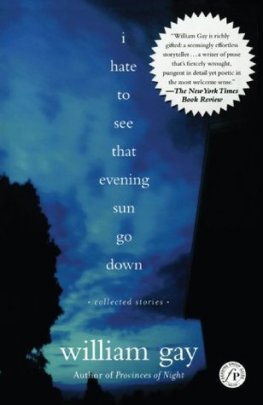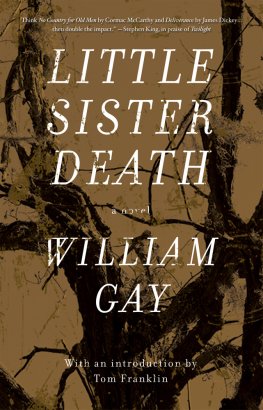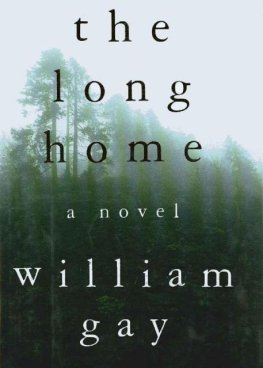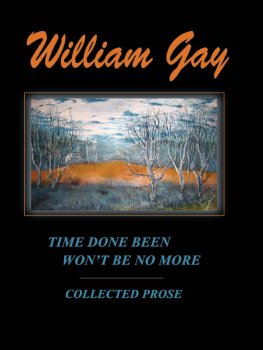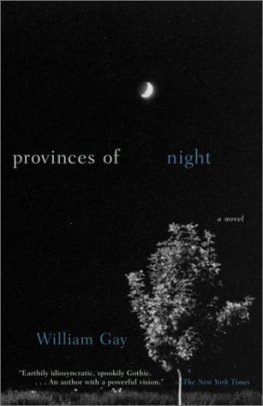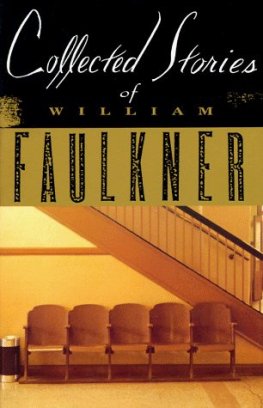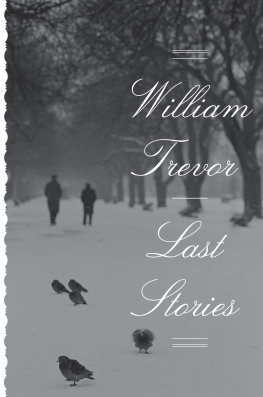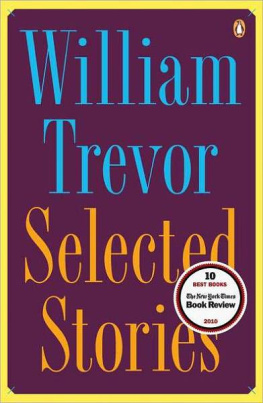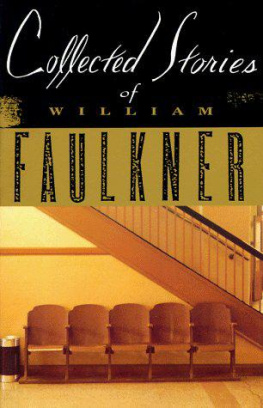William Gay
I Hate To See That Evening Sun Go Down: Collected Stories
This book is for my friends Beth Ann Fennelly and Tom Franklin, and for their daughter, Claire Elizabeth.
I Hate to See That Evening Sun Go Down
WHEN THE TAXICAB let old man Meecham out in the dusty roadbed by his mailbox the first thing he noticed was that someone was living in his house. There was a woman hanging out wash on the clothesline and a young girl sunning herself in a rickety lawn chair and an old dust-colored Plymouth with a flat tire parked in Meechams driveway. All this so disoriented the old man that he dropped the cardboard suitcase he was holding and forgot about paying the cab driver. He thought for a dizzy moment that he had directed the driver to the wrong place: but there was the fading clapboard house and the warm umber roof of the barn bisected by the slope of ridge and on top of that the name ABNER MEECHAM on the mailbox in his own halting brushstrokes.
Looks like you got company, the cab driver said.
Beyond the white corner of the house the woman stood holding a bedsheet up to the line and she was studying him transfixed with a clothespin in her mouth. She seemed frozen to the ground, motionless as statuary a sculptor in a whimsical mood might have wrought of a sharecroppers wife.
How much was it I owed you? Meecham asked, finally remembering. He fumbled out a wallet with a chain affixed to it and a clasp hooked to a belt and turned slightly to the side as an old man does when studying a wallet s contents.
Well. Twenty dollars. That seems like a lot but its a right smart way from Linden.
And worth ever nickel of it, the old man said, selecting at length a bill and proffering it through the window. Twenty dollars worth of distance from Linden, Tennessee, is fine with me. If I was a wealthy man I would of bought more of it.
Glad to of brought you, the driver said. You be careful in all this heat. Meecham raised a hand in farewell, dismissal. He was already forgetting the driver and was at picking up his luggage and preparing to investigate these folks making free with his property.
As he passed the lawn chair the girl casually tucked a pale breast into her halter top. Hidy. Do I know you? She removed a pair of plastic-framed sunglasses as if she might study him more closely.
You will here in a minute. He was a fierce-looking old man slightly stooped wearing dungarees and a blue chambray workshirt. The shirt was faded a pale blue from repeated laundering and he had the top button fastened against his Adams apple. On his head he wore a canvas porkpie hat cocked over one bristling eyebrow and the hat and his washed-out blue eyes were almost the exact hue of his shirt. Who are you people and what are you doing hre?
Im Pamela Choat and Im sunbathin, the girl said, misunderstanding or in the old mans view pretending to. Im gettin me a tan. Mamas hangin out clothes and Daddys around here somewhere.
I mean what are you even doin here? Why are you here?
The girl put her sunglasses back on and turned her oiled face to the weight of the sun. We live here, she said.
That cant be. I live here, this is my place.
You better talk to Mama, the girl said. Behind the opaque lenses of the sunglasses perhaps her eyes were closed. Meecham turned. The woman was crossing the yard toward him. He noticed with a proprietary air that the grass needed cutting. Hed been gone less than two months and already the place was going to seed.
Aint you Mr. Meecham?
I certainly am, the old man said. He leaned on his walking stick. The stick was made to represent a snake and the curve he clasped was an asps head. I dont believe Ive made your acquaintance.
Im Mrs. Choat, she said. Ludie Choat, Lonzos wife. You remember Lonzo Choat.
Lord God, the old man said.
We rented this place from your boy.
The hell you say.
Why yes. We got a paper and everything. We thought you was in the old folks home in Perry County.
I was. I aint no more. I need to use the telephone.
We aint got no telephone.
Of course theres a telephone. We always had a telephone.
The woman regarded him with a bland bovine patience, as if she were explaining something to a somewhat backward child. There was a curiously blank look about her, the look of the innocent or the deranged. Theres one but it dont work. You cant talk on it. It aint hooked up or somethin. You need to talk to Lonzo. Hell be up here directly.
Im an old man, Meecham said. I may die directly. Where is he and Ill just go to him.
Hes down there in the barn fixin a tire.
Choat was in the hall of the barn and he seemed locked in mortal combat with the flat tire. He was stripped to the waist and he was wringing wet with sweat. His belly looped slackly over the waistband of his trousers but his shoulders and back were knotted with muscle. He had a crowbar jammed between the tire and rim and was trying to pry it free. Then he held the crowbar in position with a foot and tried to break the tire loose from the rim with a splitting hammer. Meecham noticed with satisfaction that it showed no sign of giving.
When the old man s shadow fell across the chaff and straw and dried manure of the hall Choat looked up. Some dark emotion, dislike or hostility or simply annoyance, flickered across his face like summer lightning and was gone. Choat laid the splitting hammer aside and squatted in the earth. He wiped sweat out of his eyes and left a streak of greasy dirt in the wake of his hand. Meecham suddenly saw how like a hog Choat looked, his red porcine jowls and piggy little eyes, as if as time passed he had taken on the characteristics of his namesake.
You not got a spare?
This is the spare. I believe I know you. Youre lawyer Meechams daddy. We heard you was in a nursin home. What are you doin here?
I didnt take to nursin, Meecham said. Is it true that Paul rented you folks this place?
He damn sure did. A ninety-day lease with a option to buy.
The old man felt dizzy. He was almost apoplectic with rage. He felt he was going to have a seizure, a stroke, some kind of attack. The idea of Choat eating at his table, sleeping in his bed was bad enough; the idea that he might own it, call it his, was not to be borne.
Buy? You wasnt ever nothin but a loafer. You never owned so much as a pair of pliers. Thats my wreckin bar and splittin hammer right there. And if you think you can buy a farm this size with food stamps youre badly mistaken.
Choat just shook his head. He grinned. A drop of sweat beaded on the end of his nose, fell. Blackheads thick as freckles fanned out from his eyes and there were black crescents of dirt beneath his fingernails.
You still as contrary as you ever was. You remember the time I tried to rent that lit old tenant shack from you?
No.
You wouldnt rent it to me. Aint life funny?
I never rented that house to anybody. It was built too close to the main house to begin with and there wouldnt have been any privacy for either place. That must have been twenty-five years ago.
Ever how long it was I needed it and I didnt get it. And life is funny. We aim to buy this place. I got a boy in Memphis, hes a plumbin contractor. Does these big commercial jobs. Hes aimin to buy and were fixin to tend it. And you can forget about the food stamps. He makes plenty of money. He buys and sells lawyers like they was Kmart specials.
Well I aint seen none of this famous money. And the fact of the matter is this place aint Pauls to sell. Its my place and will be till I die. It may be Pauls then and he can do what he wants to with it. But after this I doubt it. In fact Im pretty sure Pauls shot at this place just went up in smoke.
They fixed it up legal.

